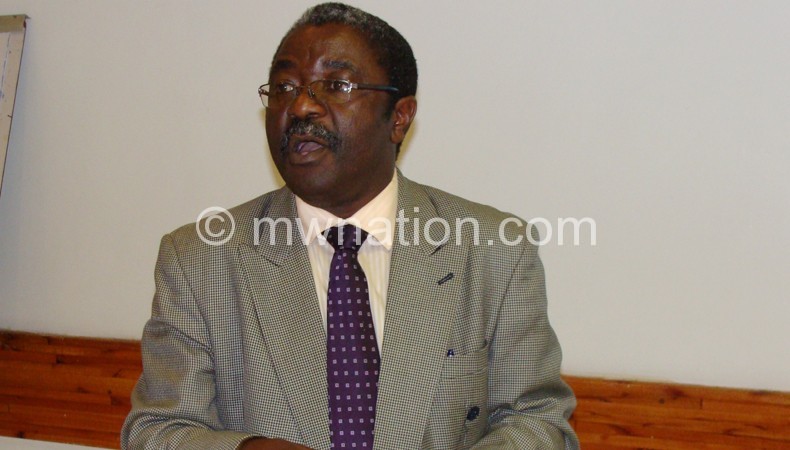Regulate Cabinet size—analysts

Associate Professor of Law, Edge Kanyongolo and the Malawi Economic Justice Network (Mejn) have backed the Democratic Progressive Party (DPP)’s undertaking in its manifesto to appoint a 20-member Cabinet, saying the need for a ceiling on the size of cabinet to eliminate wastage and patronage is long overdue.
In manifestos of four leading parties, only DPP is specific about the number of ministers its administration will appoint, the United Democratic Front (UDF) promises a lean cabinet, the Malawi Congress Party (MCP) a functioning cabinet while People’s Party (PP) is silent.
“It is important to have an upper limit on the number of ministers,” said Kanyongolo, associate professor of law at the University of Malawi’s Chancellor College in an interview. “Huge Cabinets are a drain on public resources, lead to artificial divisions of portfolios and increase inefficiency.”
He added: “A small Cabinet limits the amount of patronage that the party leadership can dispense to members and supporters who eye Cabinet appointments as rewards for loyalty and party support.”
These are the reasons, according to Kanyongolo, that participants to a Constitutional Conference of February 1995 cited when they proposed to limit the Cabinet to 24 members and require Parliament to approve any excess.
He lamented that this resolution has not been implemented to date because so far all succeeding Presidents have been influenced by political considerations, as opposed to national imperatives, when setting up a cabinet.
Mejn executive director Dalitso Kubalasa opined, in a separate interview, that besides setting a maximum number of ministers, the President’s prerogative to create ministries at his instance should be removed.
“This business of every President creating his number of ministries does not assure stability of government and is not cost effective,” argued Kubalasa. “When ministries are split and departments are upgraded into full ministries thoughtlessly, the implications include unplanned provisions of human, material and financial resources.”
He proposed that the framework for regulating the appointment of Cabinet can come through a Constitutional Amendment or the normal public sector reforms.
Under the 2001 cabinet law in Japan, for instance, the number of Cabinet ministers (excluding the Prime Minister) is limited to 14 or less, but this may be increased to 17 if a special need arises.
In the United States of America, the number and portfolios of ministries are fixed and predictable, making it impossible for a President to create his own.





